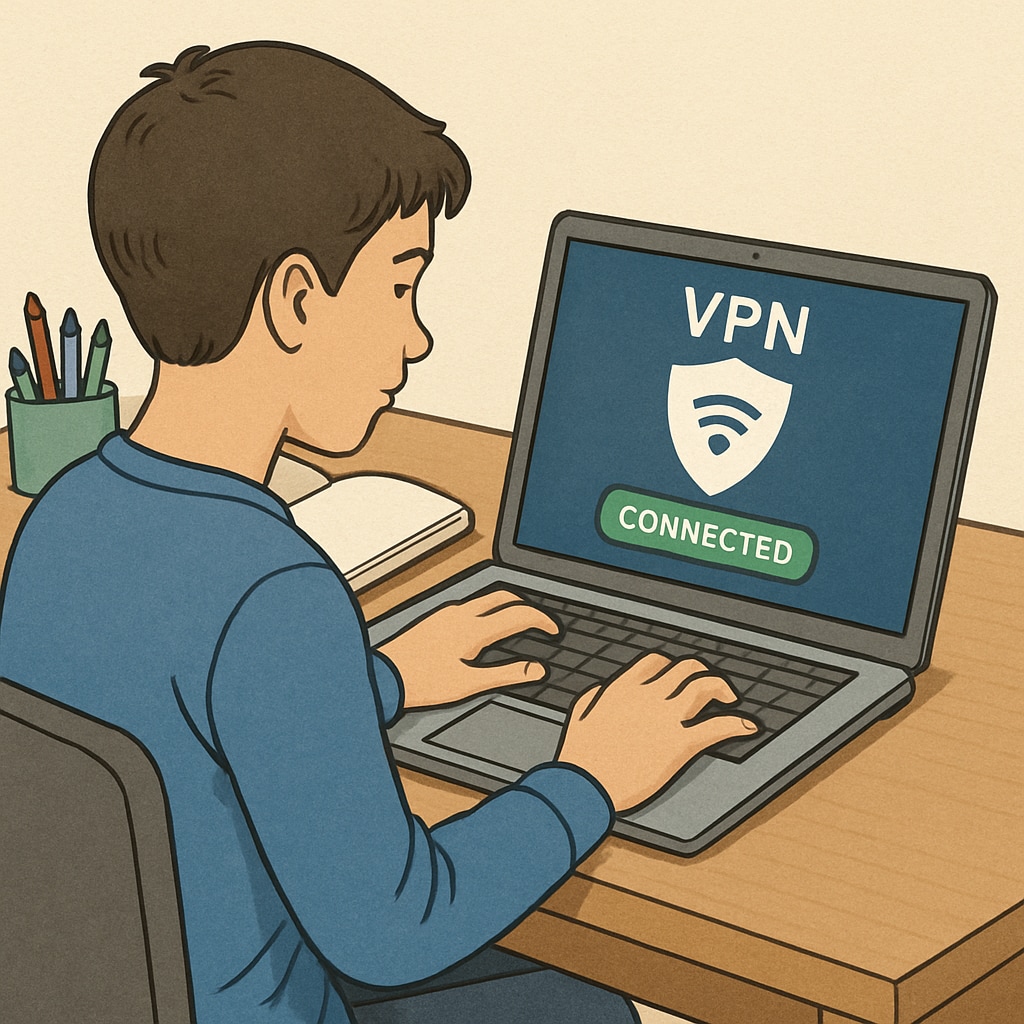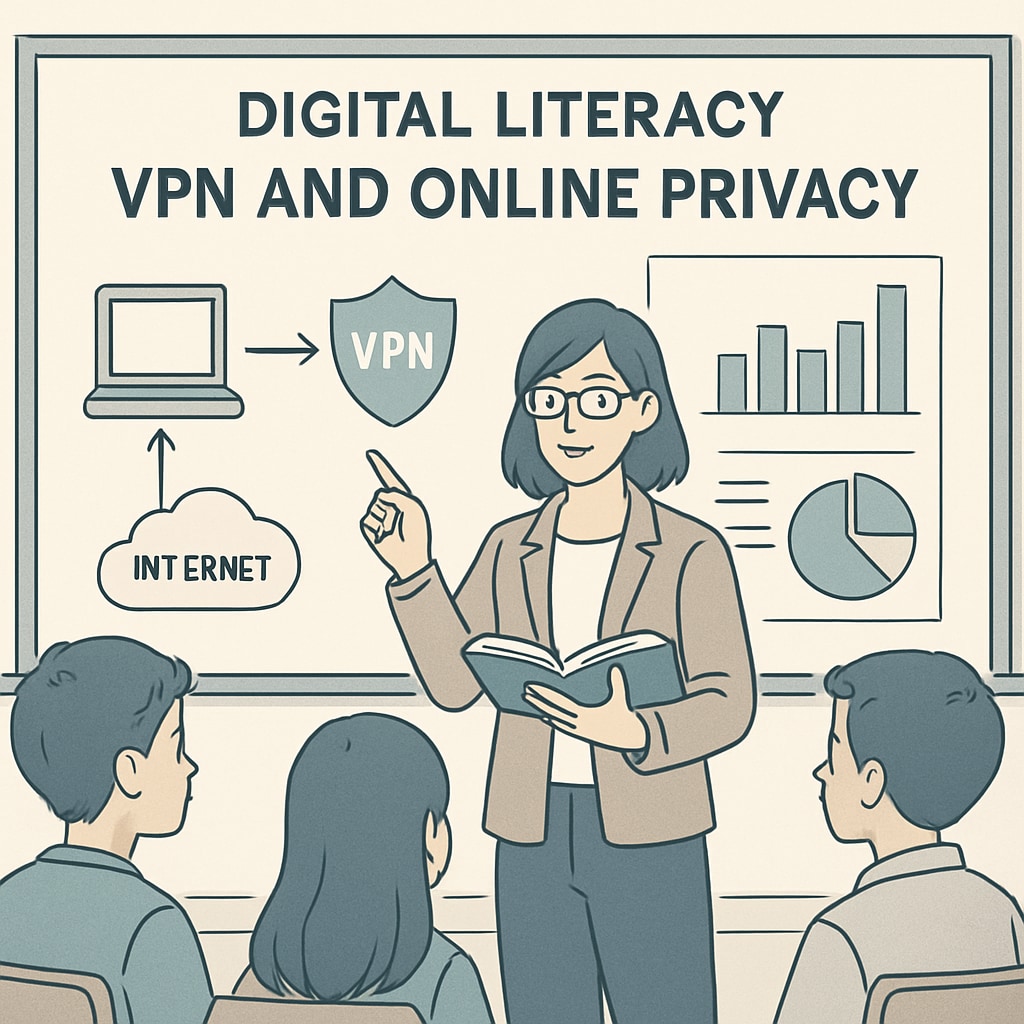The implementation of strict age verification laws in the UK has led to a significant increase in Virtual Private Network (VPN) usage among teenagers. While these laws aim to create a safer online space for young users, they also expose the limitations of relying solely on technological restrictions. As VPNs allow users to bypass content filters and access restricted websites, this trend poses new challenges for digital safety. Addressing these issues requires a dual approach: enforcing online protections while investing in K12 education to foster digital literacy and critical thinking among students.

Why VPN Usage is Rising Among Teens
VPNs have become a go-to tool for tech-savvy teenagers seeking ways to circumvent age verification measures. These services allow users to mask their IP addresses and simulate being in regions without strict content restrictions. As a result, the rise in VPN usage highlights the unintended consequences of implementing such laws without adequate educational support.
For example, a report by Wikipedia states that VPNs are widely used to access geo-blocked content and protect online privacy. However, when used irresponsibly, they can expose young users to inappropriate or harmful content. Therefore, the focus should be on teaching students how to responsibly navigate the internet rather than simply blocking access.
The Role of K12 Education in Addressing Digital Literacy
To counteract the challenges posed by VPN use, schools must emphasize digital literacy as part of their curriculum. Digital literacy refers to the ability to critically evaluate online information, understand privacy settings, and make informed choices about internet use. In addition, students must learn the ethical and legal consequences of bypassing age verification systems.
According to Britannica, digital literacy education should encompass not only technical skills but also critical thinking and ethical awareness. For K12 students, lessons should include:
- Understanding the purpose of online age restrictions.
- Recognizing the benefits and risks of using VPNs.
- Developing strategies to identify credible sources of information.
- Learning how to protect personal data and avoid phishing schemes.

Balancing Protection and Empowerment
While technological safeguards like age verification laws are crucial for protecting young users, they often fail to address the broader issue of equipping teens with the skills to navigate complex digital environments. Over-reliance on blocking mechanisms may inadvertently push teenagers toward risky behaviors, such as using VPNs without understanding the implications.
Instead, a balanced approach focusing on both protection and empowerment is essential. Policymakers, educators, and parents must collaborate to ensure that young people are not only safeguarded from harmful content but also empowered to make informed decisions online. This includes open discussions about the risks associated with bypassing online restrictions and the importance of adhering to ethical standards.
In summary, the UK’s age verification laws have shone a spotlight on the increasing reliance on VPNs among teenagers. While technological measures are necessary, they cannot replace comprehensive education in digital literacy. By prioritizing K12 digital literacy programs, we can help young people navigate the internet safely and responsibly, ensuring a balanced approach to online safety.
Readability guidance: This article uses concise paragraphs, active voice, and transitions to improve readability. Lists and examples provide clarity, while external links offer authoritative context.


